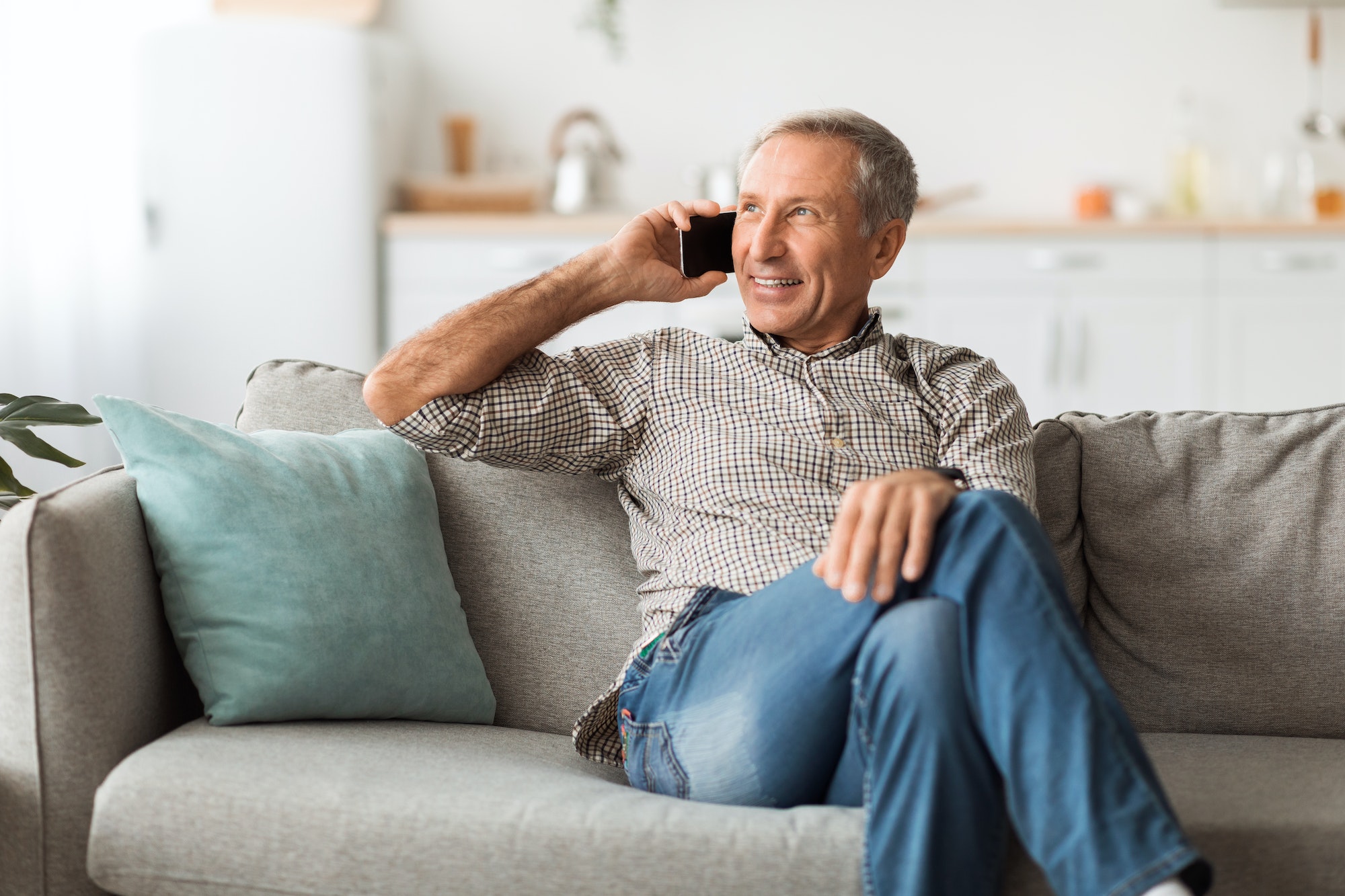Discover how to protect your septic system from breakdown with...
Read MoreYou & Your Septic Tank
Unveiling the Average Costs of Septic Tank Pumping
Our professional septic service team offers comprehensive septic tank pumping services to keep your system running smoothly. Get a FREE Quote Today.

Unveiling the Average Costs of Septic Tank Pumping
Navigating the murky waters of septic tank pumping costs can feel like a daunting task. You must consider several factors, such as the size of your tank, the frequency of pumping, and the geographical location of your property, all of which can significantly impact the final price.
While the average cost can vary widely, it’s crucial to have a ballpark figure in mind to avoid any unpleasant surprises. So, what does an average septic tank pumping job cost? Let’s explore further to help you get a clearer picture.
Key Takeaways
- Regular maintenance is crucial to prevent waste buildup and costly repairs.
- Factors such as geographical variations, tank size, and complexity impact pumping costs.
- The national average cost for septic tank pumping ranges from $275 to $500, with additional charges for emergency services.
- The frequency of septic tank cleaning depends on tank size, wastewater generated, and solids volume, typically ranging from every three to five years.
Understanding Septic Tank Pumping

To fully grasp the importance of septic tank pumping, it’s crucial to first understand how your septic system operates and why regular maintenance is a necessity. Your septic tank is designed to hold and treat wastewater from your home. Over time, solid waste accumulates at the bottom of the tank, forming a layer of sludge. Simultaneously, lighter waste floats to the top, creating a layer of scum. The space between these layers is filled with liquid effluent that flows out into the drain field.
The pumping process involves removing the sludge and scum from your tank to prevent overflow and damage. Without regular septic maintenance, waste materials can build up, impairing the tank’s function and potentially leading to costly repairs or even system replacement.
Typically, you should have your septic tank pumped every three to five years, though this can vary depending on the size of your tank, the number of people in your household, and the amount of wastewater generated. Remember, regular septic maintenance isn’t just about preserving system functionality—it’s also about protecting your property value and the environment.
Factors Influencing Pumping Costs
When you’re budgeting for septic tank pumping, several factors can drive up the cost. The most notable among these are geographical variations and the type of pumping equipment used.
Geographical variations play a significant role in influencing pumping costs. If you’re located in an area where service companies are sparse, you might’ve to shell out more money. The cost of living in your area also impacts the overall charges. For instance, service in urban areas could cost more due to higher operational costs.
The pumping equipment used also affects the price. Advanced, state-of-the-art machines that provide efficient and speedy service can increase the charges. However, this could be a cost-effective choice in the long run, as these machines tend to be more effective in preventing future problems.
Moreover, the size and complexity of your septic system can modify the cost. Larger tanks require more labor and time to pump, thereby increasing the charges. Similarly, systems with hard-to-reach tanks or complicated layouts can add to the labor costs.
Average Pricing for Septic Services

Despite the influencing factors, you’ll find that the national average cost for septic tank pumping services generally falls between $275 and $500. This cost is influenced by a range of factors, including tank size, the level of build-up, and local market rates.
However, note the following points:
- Emergency Services Pricing: If your tank needs immediate attention, be prepared to pay a premium. Emergency rates can add an extra $200-$300 to your bill.
- Comparative Regional Costs: Prices vary greatly by region. Urban areas tend to have higher costs than rural locations due to increased operational costs.
- Tank Accessibility: If your tank is hard to access, you’ll likely pay more.
- Distance: If you live far from the service provider, expect additional travel costs.
- Inspection and Permits: Some regions require a septic inspection or permit before pumping. These costs are added to your final bill.
In the end, while the national average provides a benchmark, your actual cost will depend on your unique situation. It’s always best to get a few quotes to ensure you’re getting a fair price. Remember, regular maintenance can prevent costly emergency services.
Regularity of Septic Tank Cleaning
Building on the costs, it’s crucial to understand how often you should be scheduling these septic tank cleanings to avoid hefty bills. The frequency of cleanings is largely dependent on factors such as the tank size, total wastewater generated, and the volume of solids in the wastewater.
Typically, your maintenance schedule should include pumping your septic tank every three to five years. However, households with heavy usage may need more frequent cleanings. Below is a table to help guide you:
| Tank Size (gallons) | Household Size (people) | Cleaning Frequency (years) |
|---|---|---|
| 500 | 1 – 2 | 2 – 3 |
| 1000 | 3 – 5 | 3 – 4 |
| 1500 | 6 – 8 | 4 – 5 |
| 2000 | 9 – 11 | 5 – 6 |
| 2500 | 12 or more | 6 – 7 |
Ways to Mitigate Pumping Expenses

To lessen the financial impact of septic tank pumping, there are several strategies you can employ. Careful planning and prudent maintenance are key to expense reduction in this area.
Here are five practical ways you can mitigate pumping expenses:
- Regular Maintenance: Maintain your septic system regularly to prevent major repairs. Regular checks can help you detect problems early, reducing the need for expensive emergency pumping.
- Proper Use: Don’t flush non-degradables or chemicals as these can harm your system and necessitate frequent pumping.
- Water Conservation: Reduce the amount of water entering the tank. This can slow down the rate at which the tank fills up, thus extending the time between pumpings.
- Pumping Alternatives: Look into alternative methods such as aerobic septic systems or composting toilets. These may require an initial investment but can save you money in the long run.
- Competitive Pricing: Shop around for a reliable service provider offering competitive rates.
Conclusion
So, pumping your septic tank isn’t just a chore—it’s essential home maintenance. Like changing your car’s oil, it’s non-negotiable for a smooth-running household.
The cost varies due to several factors, but the average is manageable. Regular cleaning can help avoid bigger expenses down the line.
And remember, there are ways to mitigate these costs. Stay informed, stick to a regular schedule, and your septic system will remain a silent, efficient workhorse in your home.
You may also like...
Why Are DIY Fixes Essential for Septic Tank Pumping?
Tap into the importance of DIY fixes for septic tank...
Read MoreUnveiling the Average Costs of Septic Tank Pumping
Master the mysteries of septic tank pumping costs and avoid...
Read More
The Best Septic Tank Pumping Services Near You

Answer Some Questions
Let us know about your needs so we can find you the right septic tank pros.

Get Quotes
We will put you in touch with the right septic tank pros for your job and location.

Hire Right
Compare quotes, message or call pros, and hire only when ready.



